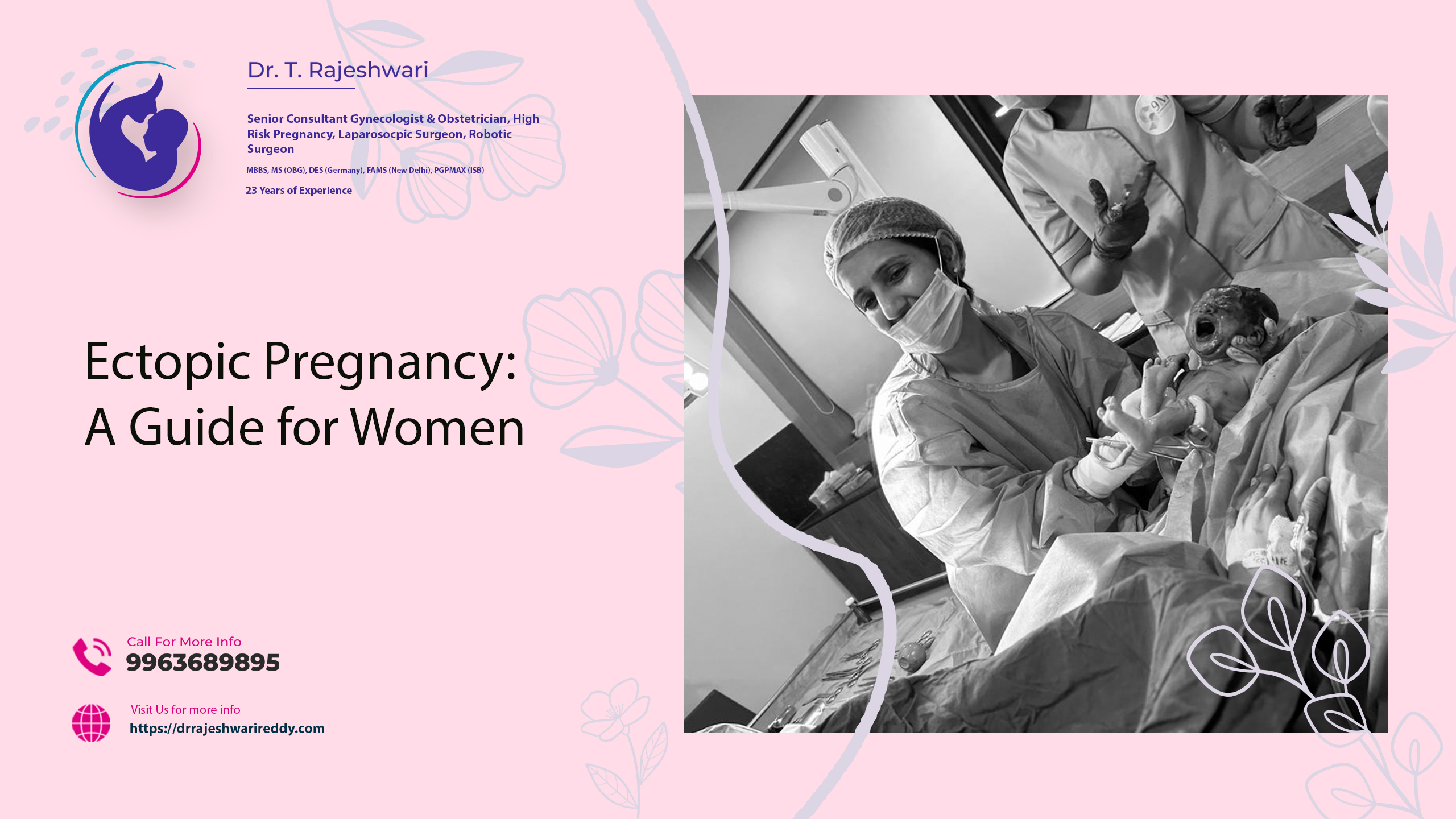Ectopic pregnancy is a serious condition where a fertilized egg implants outside the uterus, most commonly in the fallopian tubes. While not a common occurrence, affecting roughly 1 in 50 pregnancies, early diagnosis and treatment are crucial for the mother’s health.
What Causes an Ectopic Pregnancy?
Several factors can increase the risk of an ectopic pregnancy, including:
- Pelvic inflammatory disease (PID): Scarring from PID can obstruct the fallopian tubes.
- Previous ectopic pregnancy: Women who have had one ectopic pregnancy are at higher risk for another.
- Tubal ligation reversal: This surgery to reverse a tubal ligation can leave scar tissue that hinders implantation.
- Intrauterine device (IUD): While uncommon, an IUD can sometimes fail to prevent pregnancy, and the fertilized egg might implant ectopically.
Signs and Symptoms:
Early diagnosis is vital, so being aware of the potential signs is crucial. These can include:
- Pelvic pain: This can be sharp, stabbing, or one-sided.
- Vaginal bleeding: This may be irregular or scant, but not always present.
- Shoulder pain: This might seem unrelated, but it can occur due to internal bleeding.
- Faintness, dizziness, or weakness: These can be signs of internal bleeding.
Importance of Early Diagnosis:
A ruptured ectopic pregnancy is a medical emergency. If the fertilized egg grows too large, the tube can rupture, causing significant internal bleeding and requiring immediate surgery. Early detection allows for less invasive treatment options like medication or laparoscopy.
Diagnosis and Treatment:
Doctors typically diagnose an ectopic pregnancy through a combination of:
- Pelvic exam: To detect tenderness or masses.
- Pregnancy test: To confirm pregnancy.
- Ultrasound: To visualize the location of the fertilized egg.
Treatment options depend on the severity of the case:
- Medication: Methotrexate is a medication that can stop the growth of the ectopic tissue.
- Laparoscopy: A minimally invasive surgical procedure to remove the ectopic pregnancy.
- Laparotomy: In rare cases, a traditional surgical procedure might be necessary.
Support and Recovery:
An ectopic pregnancy can be a physically and emotionally challenging experience. Here are some resources for support:
- Talk to your doctor: Discuss your concerns and recovery process.
- Support groups: Connecting with others who have similar experiences can be beneficial.
- Mental health professional: Seek professional support to manage emotional distress. Dr. Rajeshwari Reddy best gynecologist in hyderbad





